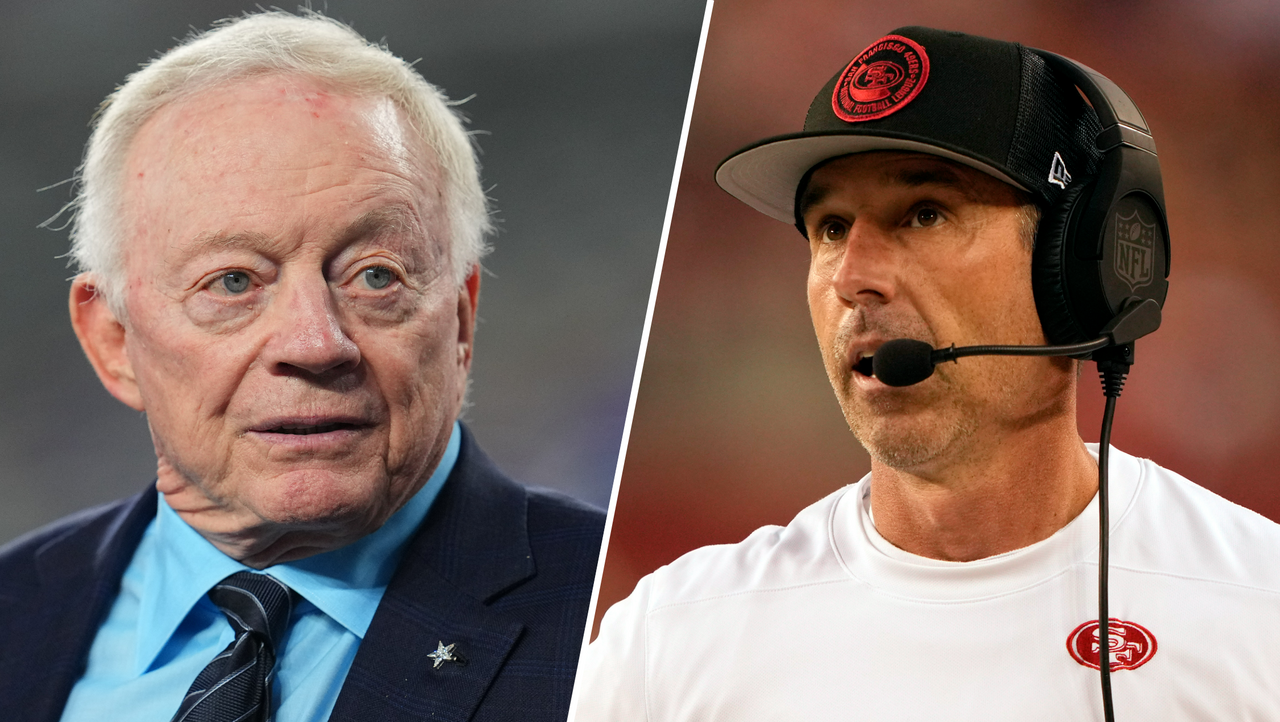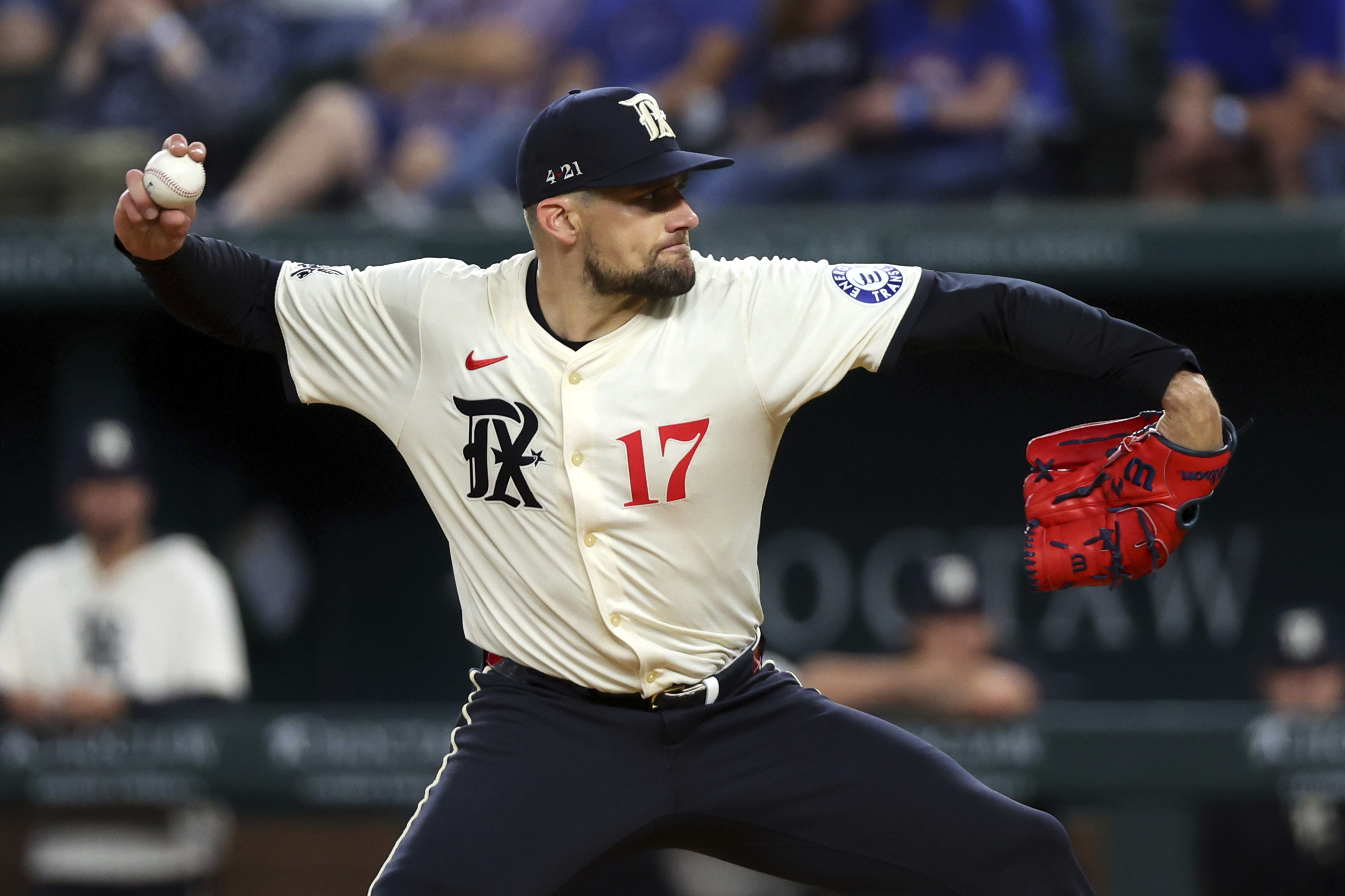
The debate over whether or not to change the current playoff overtime format has been the topic du jour since Todd Marchant's winner went by Detroit Red Wings goalie Chris Osgood to give the Anaheim Ducks a dramatic 3-2 win in Game 2 of their series.
Stu Hackel of the New York Times caught a discussion on Montreal radio Team 990 in which TSN's Bob McKenzie nonchalantly brought up that in the past year, the National Hockey League's Competition Committee was within one vote of eliminating a skater from each team after one overtime session. Mike Brophy agreed with the idea in his column on Sportsnet.ca yesterday:
Play one period of 5-on-5 overtime and if the score is still tied, play 4-on-4 until a winner is declared. It really isn't a radical idea. I understand this would be a huge break from tradition, but that doesn't mean it is wrong. The NHL went to 4-on-4 in overtime in 1999-2000 and we survived, right?
For heaven's sake, it's just a freaking hockey game! The fate of the world is not depending on the outcome.
So, why are you in such a tiff, Mike? Is the fate of the world depending on the length of the game as well?
A hockey game that ventures into multiple-overtimes is one of the selling points of playoff hockey. It's what lures in the casual fan. It's something that can turn a series on edge; both on the ice and in the minds of fans.
Which is why you don't mess with playoff overtime.
Sports Connection
Connecting you to your favorite North Texas sports teams as well as sports news around the globe.
If you feel differently, let us know in today's poll: What overtime format would you like to see in the Stanley Cup playoffs?
More about the OT debate coming up ...
Last year's Stanley Cup final was about to become a snoozer until Max Talbot's last-second goal kept the Pittsburgh Penguins alive. The interest in the series exploded once Petr Sykora's wrist shot in the third overtime flew over Chris Osgood's glove to extend things to a Game 6. The next morning -- or should I say a few hours later -- the Stanley Cup finals were being discussed at length everywhere.
Multi-overtime games aren't always legendary, as Brophy points out about the Red Wings-Ducks game on Sunday; this is true, but they're also where history is often made and moments occur that resonate within a fan base.
Who will ever forget Petr Nedved's goal in the fifth overtime against the Washington Capitals in 1996?
What about the 'Easter Epic', when Pat LaFontaine's goal in the fourth overtime eliminated the Capitals in Game 7?
Or the infamous "skate in the crease" goal by Brett Hull that gave the Dallas Stars the 1999 Stanley Cup in the third overtime of Game Six and made the entire city of Buffalo very bitter.

The overtime game that lasts for hours is a badge of honor for fans as well. Who will forget Keith Primeau's in the fifth overtime of the 2000 Eastern Conference Semifinals? As a Penguin fan, I wish I could. It almost caused me to be late to my first day at a summer job, but like many Philadelphia Flyers and Penguins fans, I can tell the story that I stayed up until the wee hours of the morning hanging on edge during the sudden death periods; and then, like many Penguins fans, cursing Darius Kasparaitis' name as I went to bed.
One concern Brophy brings up is the issue of television and how a game that goes past a couple of hours is a serious hindrance to the League's TV partners, using the example of NBC's decision to move Game One of the Capitals-Penguins to Versus if it would have went past one overtime this past Saturday.
Well, of course NBC would do that for ratings purposes, but how is that an indictment of overtime hockey as a whole? If it were Brophy's NHL, hockey would be on and off your television set as soon as possible:
The NHL is still searching for ways to sell the game in the United States and no matter what Canadian fans may think about that, it has to be a priority for the game to prosper. So when a major network opens a three-hour window for an NHL game to be played in prime time, then that game had better end in three hours. Or, at worst, everything should be done to make sure the game doesn't drag on and on.
Yeah, instead of having your product able to be viewed on television longer, or have the ability to lure in the casual fan who flips on and see an overtime game, let's make it disappear as soon as heavenly possible. Sounds like back in the ESPN days when games would end and three seconds later they'd be cutting to SportsCenter.
When it comes to playoff overtime, it's such a sacred topic among hockey fans and to mess with it would be wrong. The shootout isn't a way to settle a regular-season game and turning playoff overtime into shinny isn't what the NHL playoffs are about.
Hackel puts it best and ends any argument those in favor of four-on-four overtime hockey bring:
The character of games like that, the heightening thrills and the battle of endurance, would be greatly diminished by going from five-on-five to four-on-four play after the first OT. We're not against change when it's for the better, but to alter the character of the game's highest level of competition in all cases because of the potential loss of an audience in some cases due to the accident of geography seems wrongheaded.



